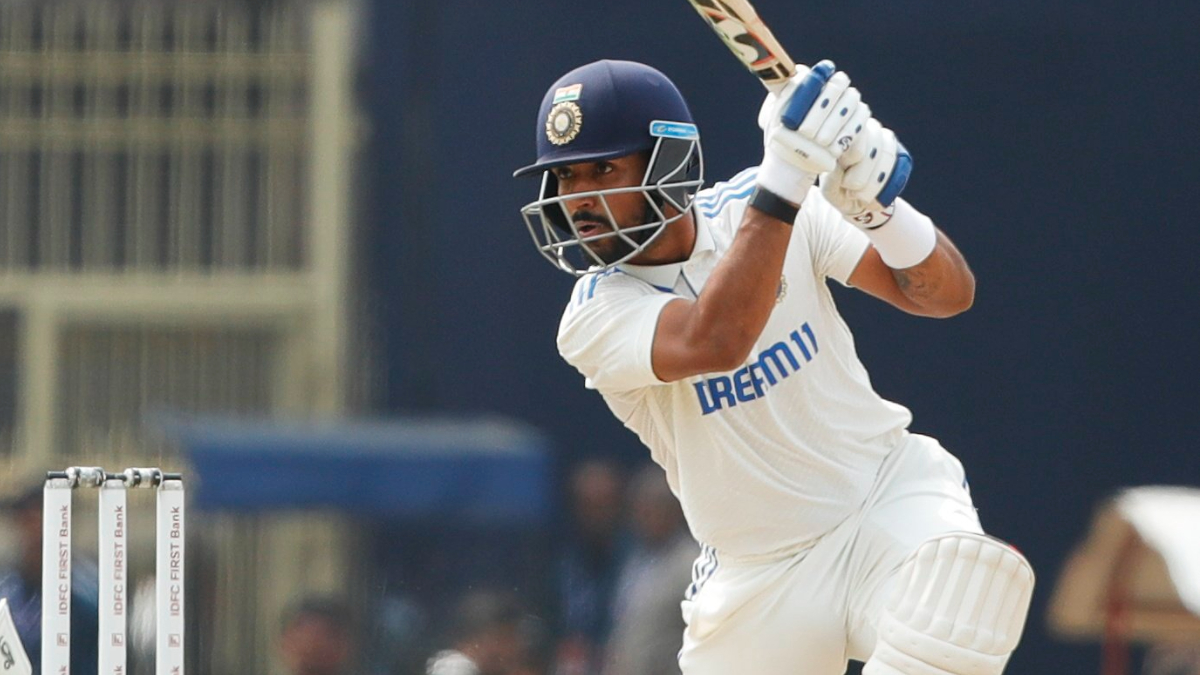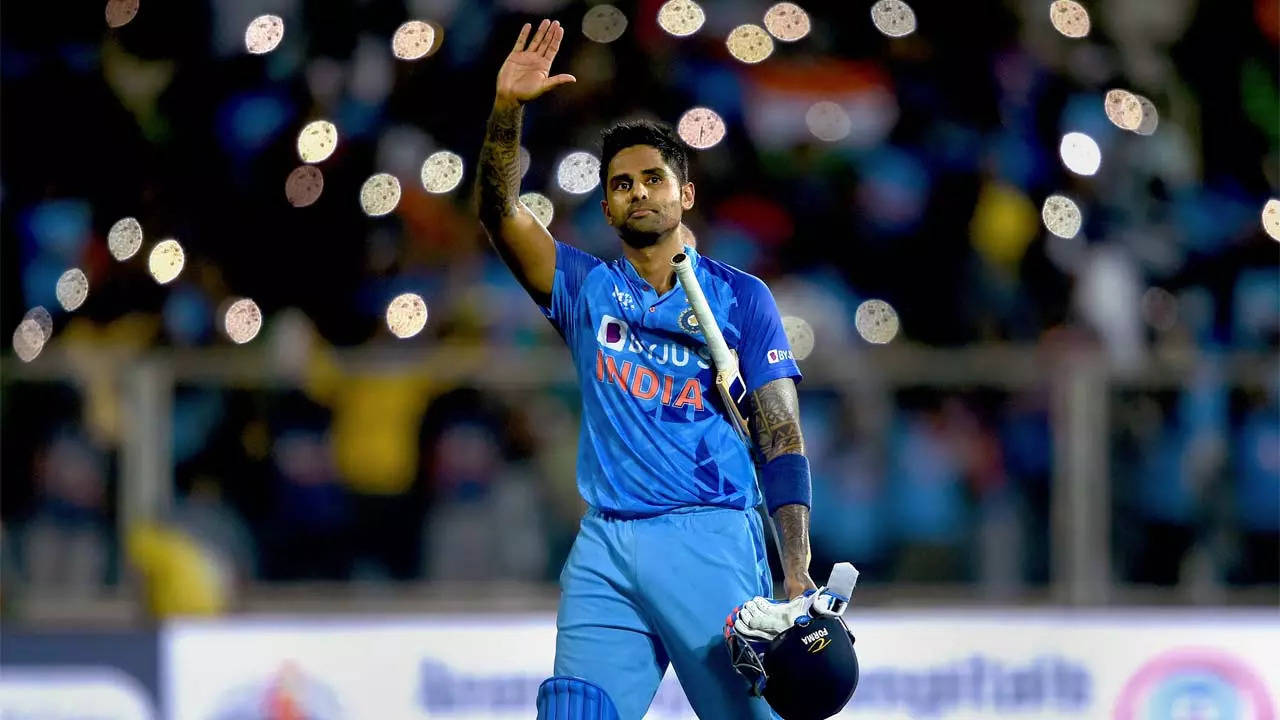India's dominance at home stood firm against England's 'Bazball' strategy as Rohit Sharma's squad clinched a hard-fought five-wicket victory in the fourth Test, extending their unbeaten streak to 17 consecutive series wins on home soil. Despite facing some challenges, India chased down a target of 192 runs with resilience and determination in Ranchi, showcasing their adaptability and depth in talent.
Starting the final day's play at 40/0 in pursuit of 192, India's openers Rohit Sharma and Yashasvi Jaiswal set the tone with a solid partnership of 84 runs. While Rohit scored a composed 55 off 81 balls, Jaiswal contributed 37 off 44 balls, laying a strong foundation for the chase. However, England managed to break through with the dismissals of both openers in quick succession, followed by setbacks with Rajat Patidar and Ravindra Jadeja departing.
Nevertheless, Shubman Gill and Dhruv Jurel showcased maturity and composure, steering India to victory with an unbeaten 72-run partnership. Gill's unbeaten 52 and Jurel's 39 not out guided India past the finishing line, overcoming the hurdles posed by the English bowlers.
England's left-arm spinner Tom Hartley claimed the crucial wicket of Rohit, while Shoaib Bashir emerged as the most successful bowler for England with figures of 3/79 in the second innings, completing a match haul of eight wickets.
With this win, India took a commanding 3-1 lead in the series, setting the stage for the final game in Dharamsala from March 7. Notably, India's last home series defeat was against England led by Alastair Cook in 2012-13. Since then, India has been formidable at home, winning 39 out of 50 Tests.
The victory marked a significant setback for England's 'Bazball' approach, which has faced criticism for its one-dimensional nature and lack of adaptability. Introduced under the leadership of coach Brendon McCullum and captain Ben Stokes, England's aggressive strategy was outmatched by India's versatile and resilient gameplay.
Despite facing setbacks, including the absence of Virat Kohli and the injured K L Rahul, India rallied behind emerging talents like Sarfaraz Khan, Dhruv Jurel, and Akash Deep, who seized their opportunities and contributed significantly to the team's success.
Throughout the match, India displayed adaptability and resilience, with players like Jurel playing pivotal roles in crucial moments. Rohit and Jaiswal's positive start provided momentum, while Gill and Jurel steadied the ship during challenging phases of the chase.
England's attempts to disrupt India's rhythm, including using Joe Root as a part-time bowler, were met with counter-strategies from the Indian batsmen. Despite some tense moments, India remained composed and focused on the task at hand, eventually achieving victory with determination and teamwork.
In conclusion, India's triumph in the fourth Test not only secured the series win but also highlighted the team's depth, adaptability, and resilience, while underscoring the limitations of England's unidimensional approach.








 OpinionExpress.In
OpinionExpress.In















Comments (0)